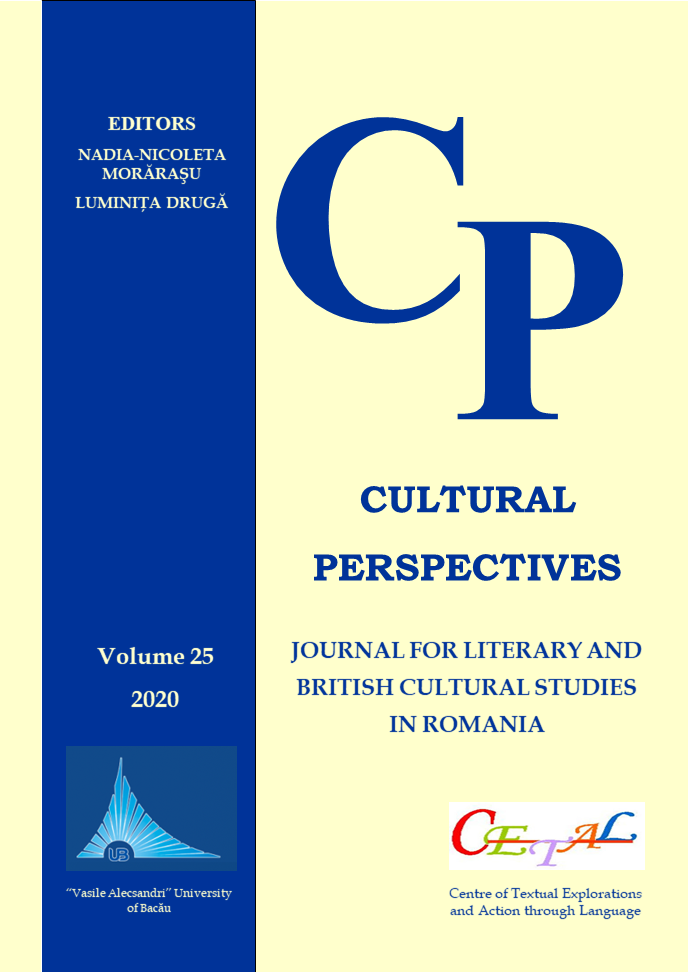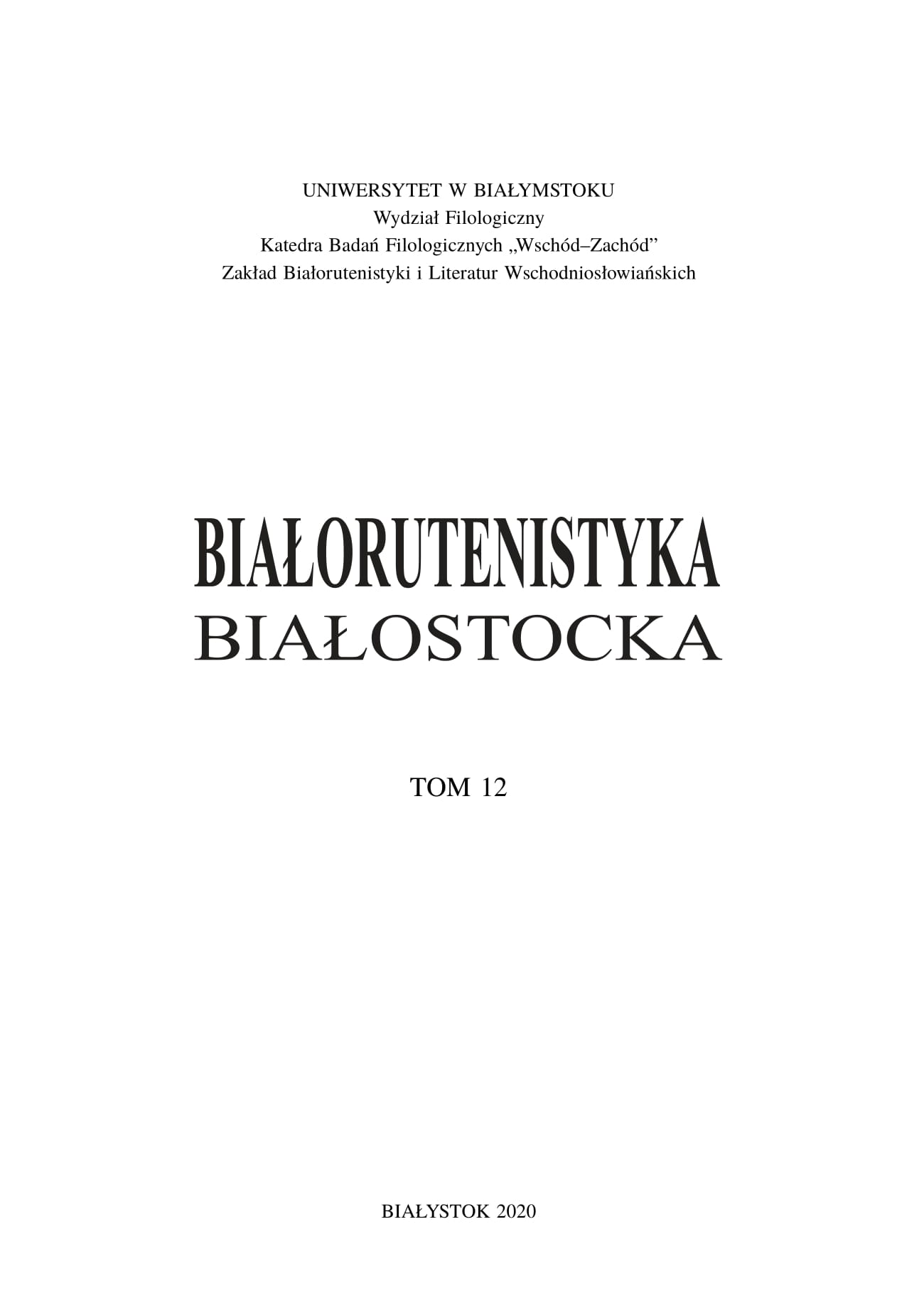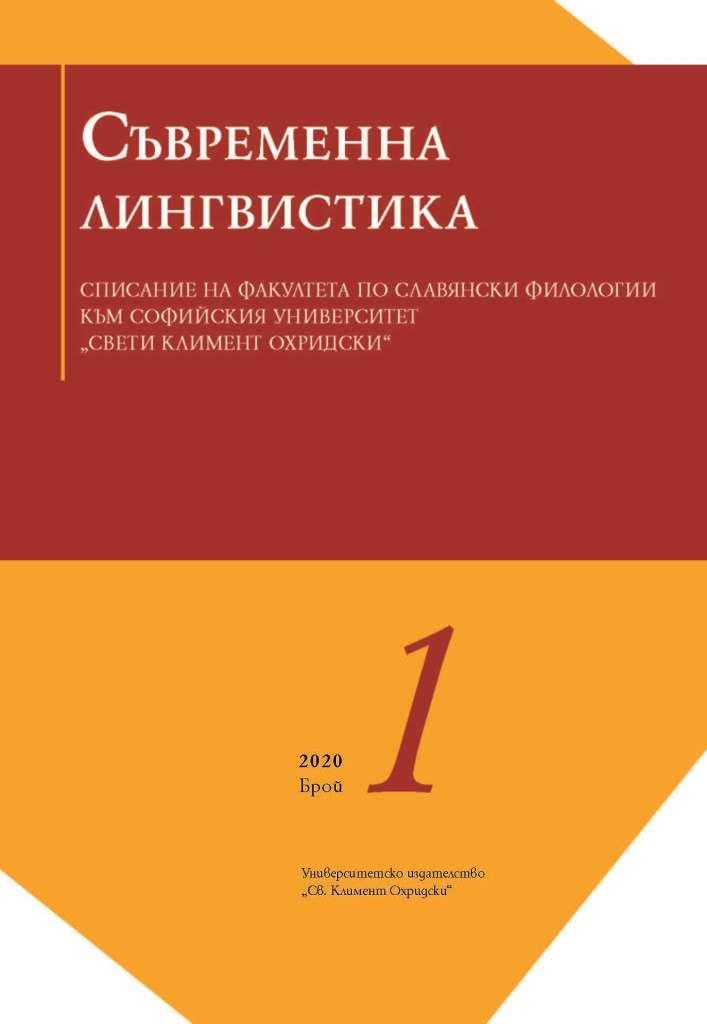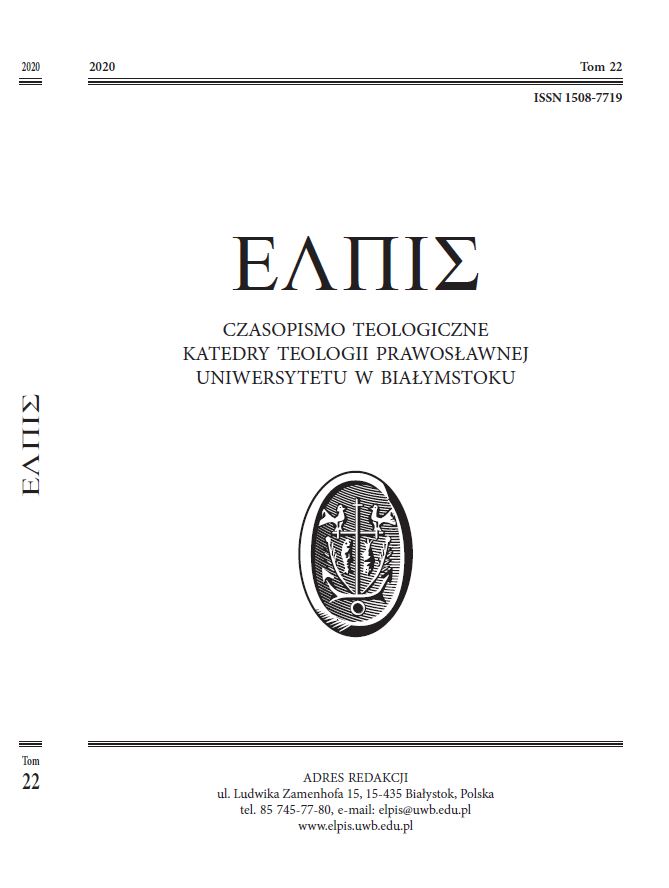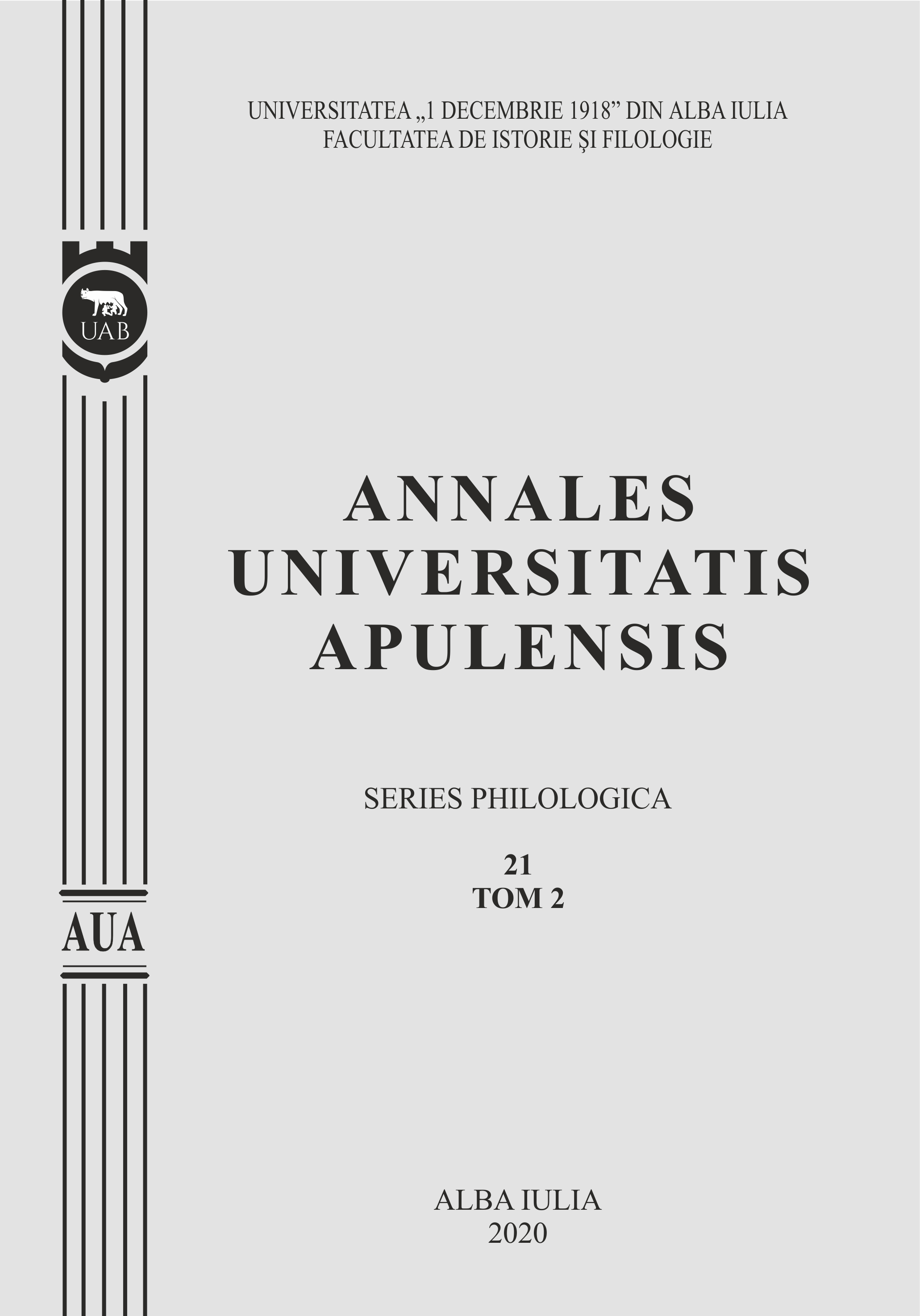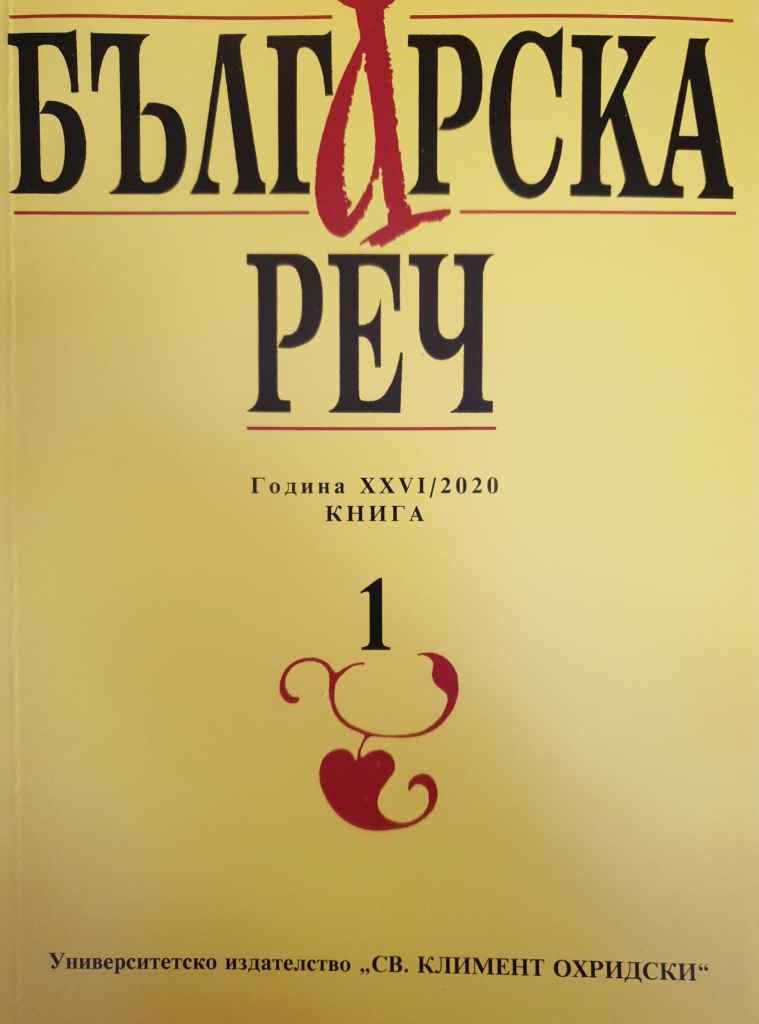Z JANKOM GLAZERJEM NAPOTI IZGNANSTVA
The German occupation of a part of Slovenian territory in April 1941 meant a breaking point in the lives of many people. Among the victims there were also Slovene authors. First, the Nazis established migration headquarters in Maribor and subordinate agencies to organise deportations; later, they established assembly camps in different places in Lower Styria. In Maribor they reorganised a part of the barracks in Melje into a camp. They were brought to different locations in Serbia, some also in Croatia.
More...
